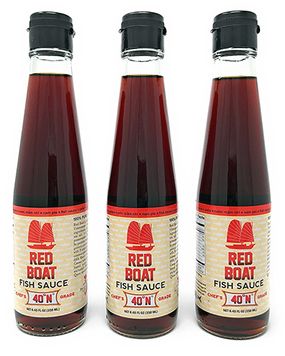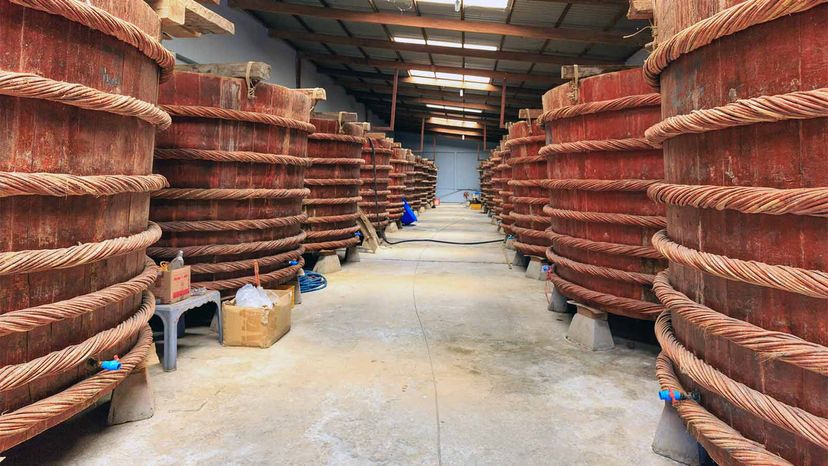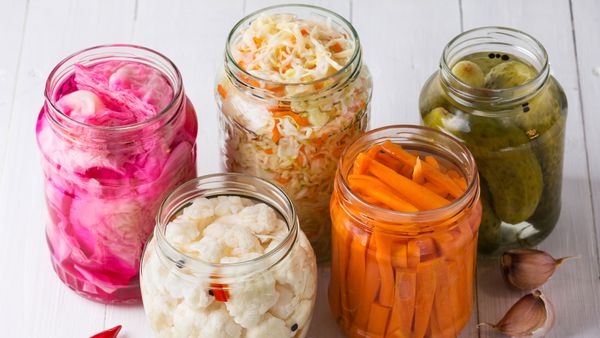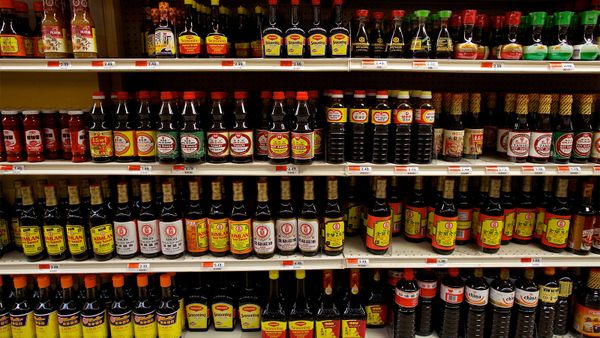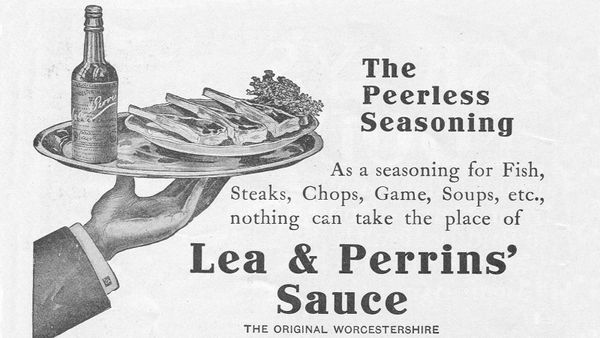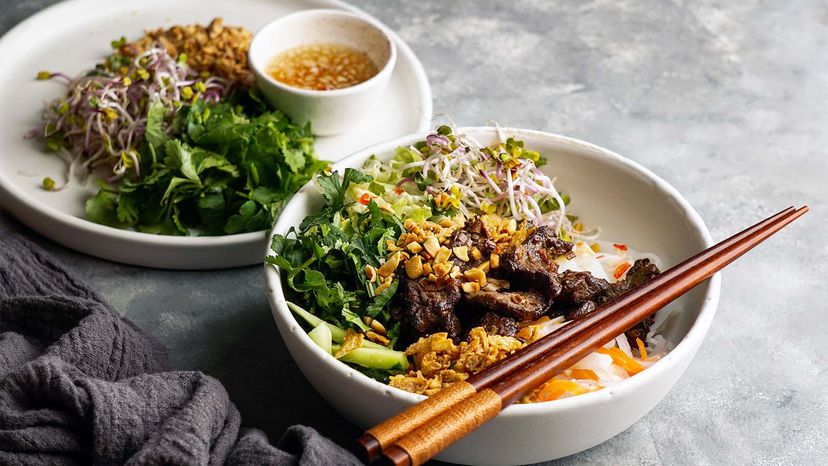
Merriam-Webster defines umami as "the taste sensation that is produced by several amino acids and nucleotides (such as glutamate and aspartate) and has a rich or meaty flavor characteristic of cheese, cooked meat, mushrooms, soy and ripe tomatoes."
In short, when you hear umami, think "savory." Both terms are regularly used to describe one of the most popular ingredients in Southeast Asian cuisine: fish sauce.
Advertisement
Made from fermented fish or krill, this condiment is a dietary staple for millions of people around the world. "Most Vietnamese dishes require fish sauce, as fish sauce is used as a salt substitute," Tiffany Pham, a representative for the Red Boat Fish Sauce company, says via email.
Phở, thịt kho and cơm tấm are just some of the traditional Vietnamese meals that use fish sauce as a key ingredient.
But fish sauce is just as popular in Thailand. Pad Thai, one of the country's national dishes — and a mainstay in Thai restaurants from Bangkok to London to New York City — almost always includes a splash of fish sauce.
Advertisement
